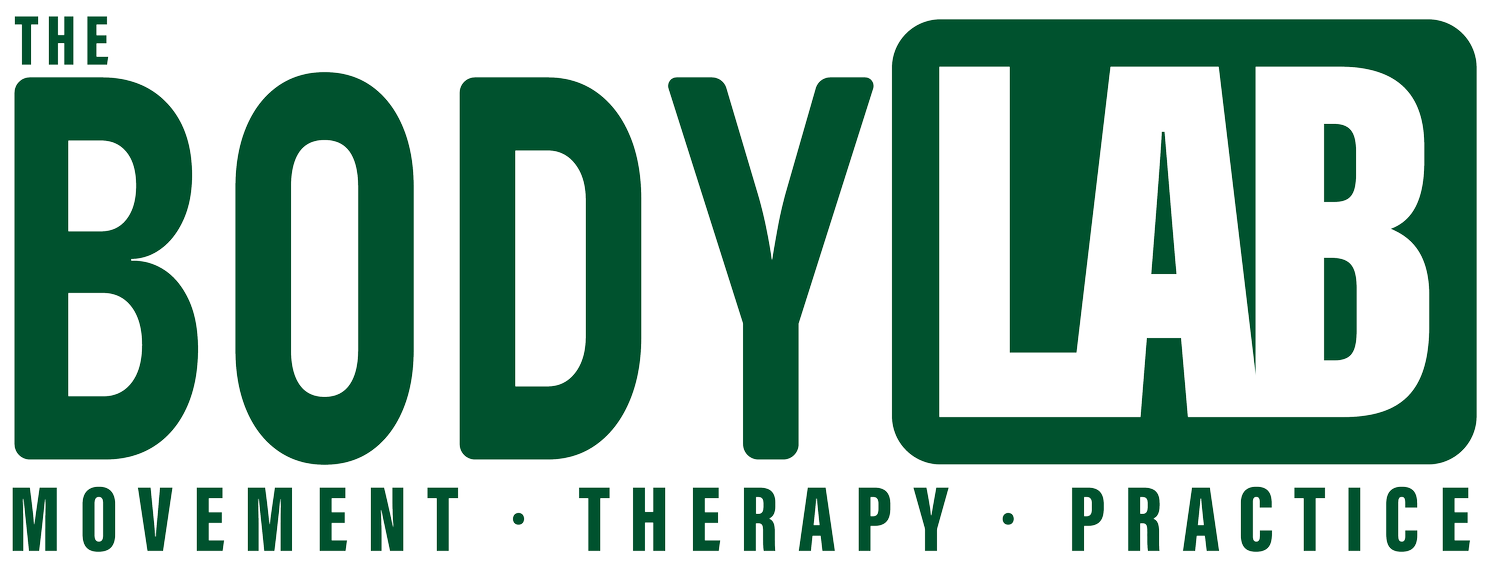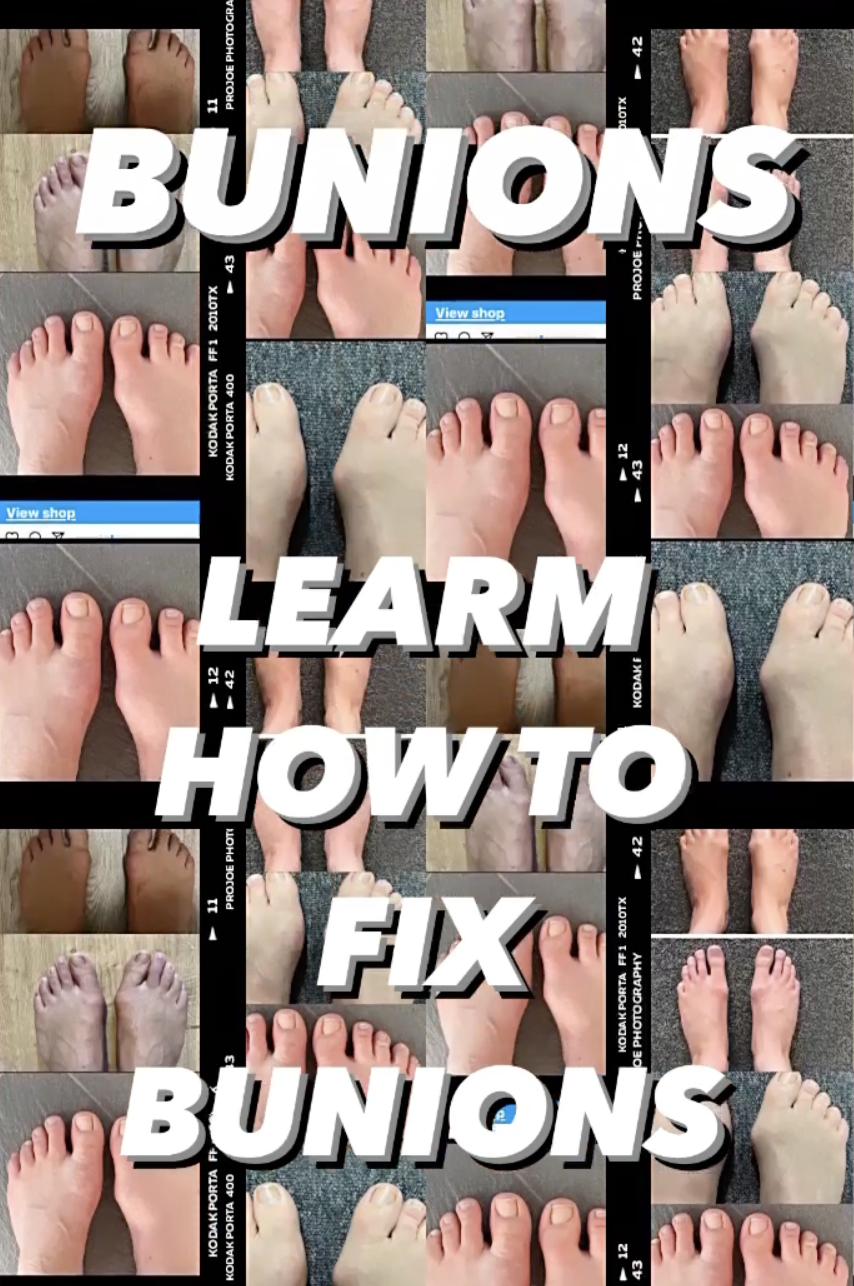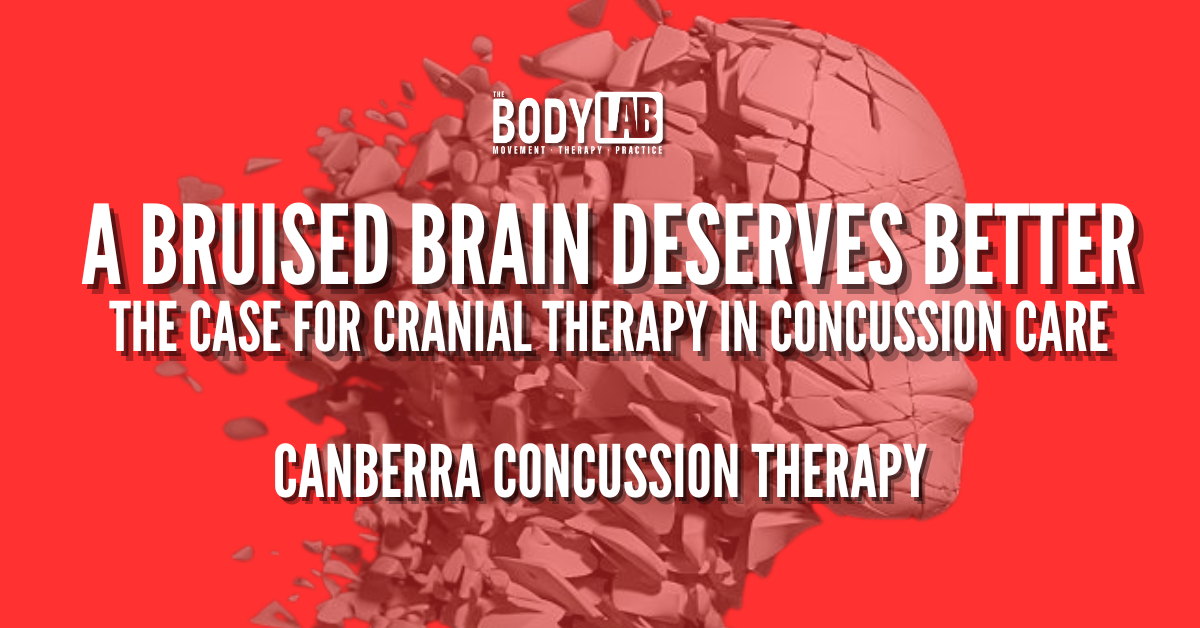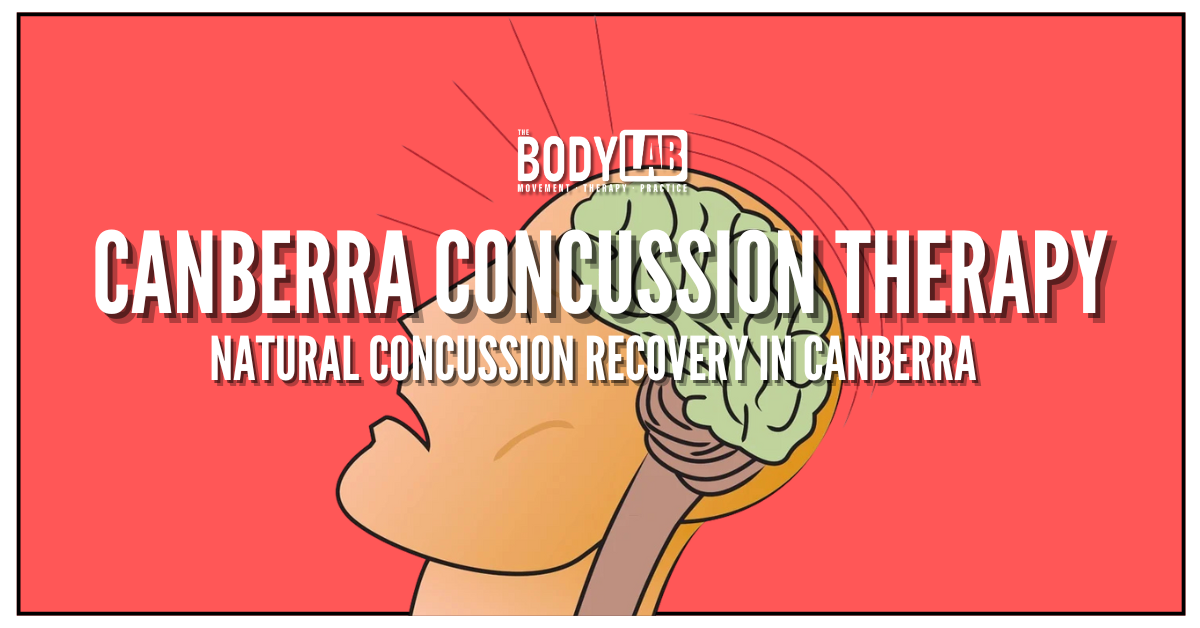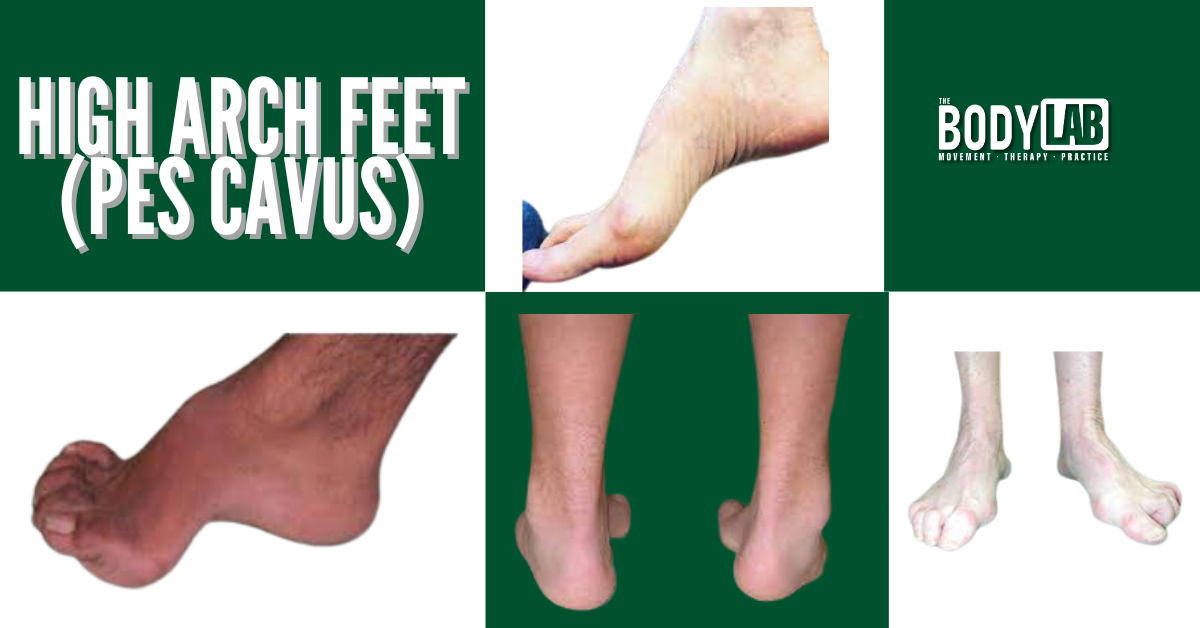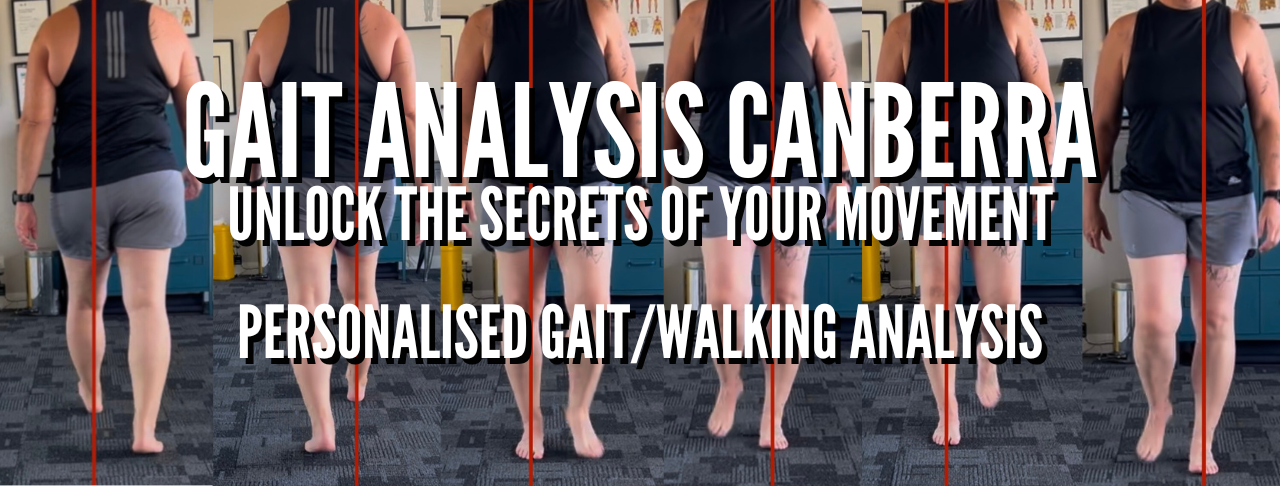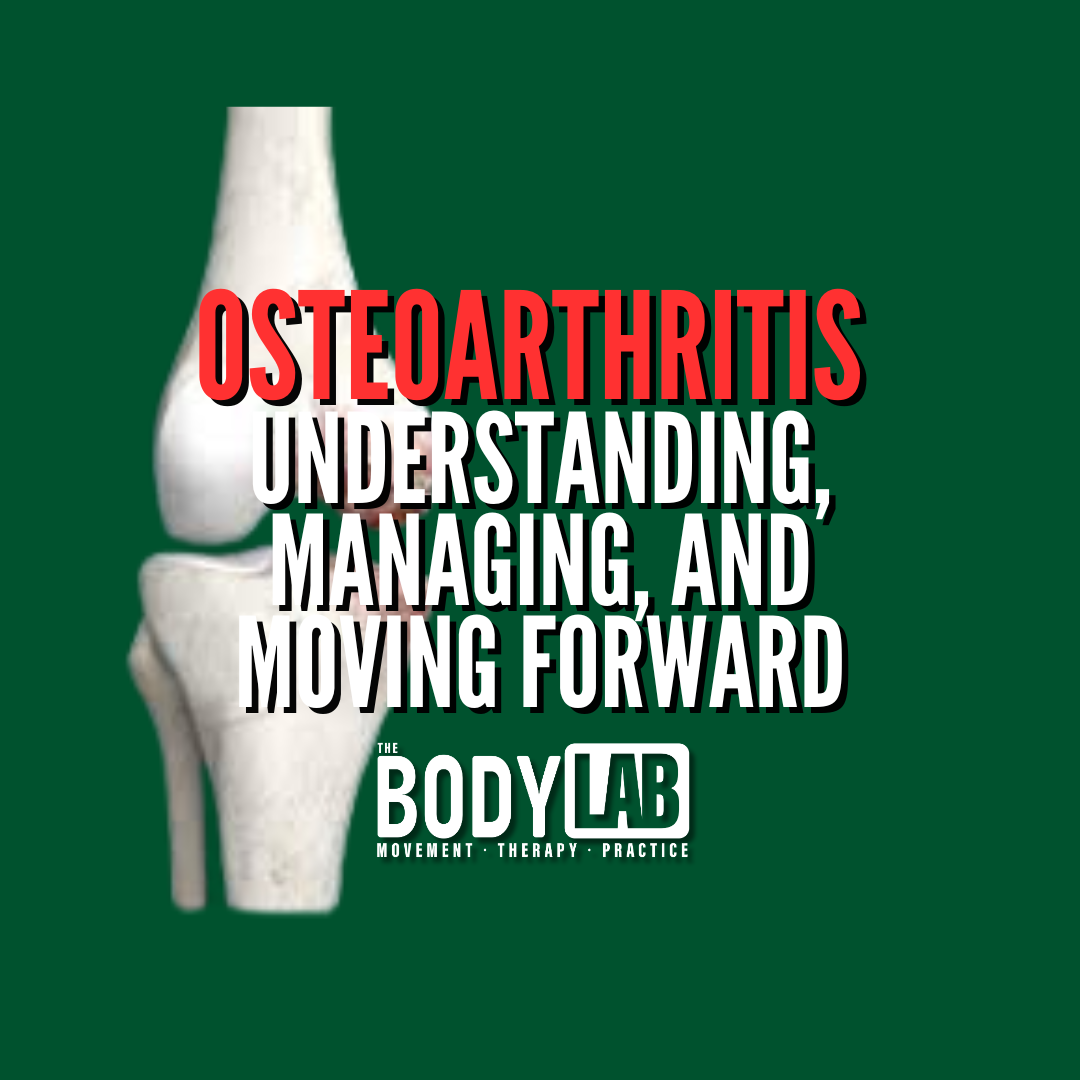Acupuncture for Pain Relief in Canberra
Pain Relief Canberra
At The Body Lab, we specialise in acupuncture treatments designed to alleviate a wide range of chronic and acute pain conditions, including sports injuries, arthritis, and menstrual cramps. Research supports acupuncture’s effectiveness as a drug-free option for managing pain in areas such as the lower back, neck, and knees.
Acupuncture and Dry Needling
While both acupuncture and dry needling involve the insertion of needles into specific points on the body, acupuncture is rooted in Traditional Chinese Medicine (TCM), focusing on restoring the flow of energy, or “qi,” through the body’s meridians. Dry needling, by contrast, targets trigger points in muscles, commonly used in modern pain management to alleviate muscular tension. At The Body Lab, we offer both approaches, personalising treatment based on your pain profile and goals.
Why Choose Riccardo for Acupuncture
With over 18 years of experience in Classical Chinese Acupuncture, Riccardo brings a unique combination of traditional Chinese medicine and advanced biomechanics to every session. His approach goes beyond merely treating symptoms, focusing instead on uncovering and addressing the root causes of pain for a comprehensive and lasting solution. Riccardo’s extensive training in functional movement, strength conditioning, and cranial-sacral therapy provides a well-rounded, holistic approach that empowers clients to achieve long-term well-being.
For clients managing chronic pain, Riccardo offers a specialised Chronic Health Treatments Program, which includes two treatments per week. This program is designed to deliver consistent and impactful care, addressing persistent pain with regular sessions to enhance results and improve quality of life. Through this program, clients experience more manageable, sustained relief from chronic pain conditions. More information here
Benefits of Acupuncture
Acupuncture offers numerous health benefits, particularly in pain management, muscle relaxation, and circulation improvement. Notable benefits include:
• Drug-Free Pain Relief: Acupuncture effectively manages various types of pain, from migraines to arthritis, without relying on medication.
• Reduced Muscle Tension: Acupuncture releases tension in areas such as the neck, shoulders, and lower back.
• Accelerated Recovery: Ideal for sports injuries or post-surgical recovery, acupuncture supports faster healing.
• Enhanced Immune Response: Particularly beneficial for autoimmune conditions, such as rheumatoid arthritis, where immune modulation is advantageous.
Movement Therapy for Pain
At The Body Lab, we recognise that pain often results from poor movement patterns or muscular imbalances. Riccardo combines acupuncture with movement therapy to address these issues, helping clients achieve better posture, alignment, and mobility. This integrated approach allows clients to treat the source of their pain, promoting a pain-free, active lifestyle. More about Movement Therapy here
Programs for Chronic Health
Once clients achieve pain relief through acupuncture, they have the option to transition into Movement Programs for Chronic Health. These programs focus on long-term wellness, aiming to maintain and improve mobility, strength, and function. By incorporating personalised movement routines, clients learn how to manage their bodies and prevent pain from recurring, ensuring they stay active and healthy.
With Riccardo’s expertise, these programs offer practical, science-backed exercises to support ongoing health and empower clients to take charge of their well-being, keeping them mobile and pain-free for the long term.
Conditions Treated with Acupuncture
Headaches & Migraines
Migraines and headaches can result from triggers such as allergies, hormonal imbalances, stress, and weather changes. A combination of acupuncture and massage provides relief during attacks, while regular sessions, Chinese herbs, and dietary changes address root causes. A systematic review by Linde et al. (2016) in the Cochrane Database of Systematic Reviews confirmed acupuncture’s effectiveness in reducing the frequency of headache days in patients with episodic migraines.
Neck & Shoulder Pain
High-stress environments and prolonged desk work often lead to neck and shoulder tension. Acupuncture relieves muscle spasms and promotes relaxation across the body. Tough et al. (2009) in the Journal of Pain reported acupuncture’s significant impact on chronic neck pain, with benefits that persisted over time.
Back Pain
Acupuncture is now widely accepted as an effective back pain treatment. It offers a drug-free solution for both acute and chronic back issues. The American Academy of Family Physicians (2018) supports acupuncture’s effectiveness for chronic pain, with benefits that extend beyond the placebo effect.
Arthritis
For those managing osteoarthritis or rheumatoid arthritis, acupuncture can help reduce inflammation and modulate immune function, providing relief from joint pain. A study by Manheimer et al. (2007) in the BMJ demonstrated acupuncture’s effectiveness in alleviating knee pain, improving joint mobility and overall quality of life for arthritis sufferers.
Sports Injuries & Repetitive Strain Injuries (RSI)
Rapid recovery is essential for athletes and active individuals. Acupuncture accelerates healing and helps prevent recurring issues like RSI. A review by Zhang et al. (2020) in the Journal of Pain Research highlights acupuncture’s positive role in pain management and recovery, making it a popular choice among professional sports teams.
Nerve Damage
Nerve damage, stemming from compression injuries, infections, or other causes, can lead to pain, tingling, and sensation loss. Acupuncture supports nerve regeneration and can act as an effective complementary or standalone therapy. Chen et al. (2014) noted acupuncture’s efficacy in nerve repair and neuropathic pain relief.
Additional Pain-Related Conditions Treated
Acupuncture at The Body Lab can assist with a range of musculoskeletal and chronic pain issues, including:
• Shingles pain
• Bell’s Palsy (facial paralysis)
• Temporomandibular Joint (TMJ) dysfunction
• Frozen shoulder
• Tennis and golfer’s elbow
• Carpal tunnel syndrome
• Sciatica
• Hip bursitis
• Knee pain and Baker’s cysts
• Achilles tendonitis
• Ankle strains/sprains
• Plantar fasciitis
• Post-surgical rehabilitation for hip, back, and knee procedures
FAQs about Riccardo Galeotti and The Body Lab
Who is Riccardo Galeotti?
Riccardo Galeotti is a biomechanics and movement therapy specialist. He runs The Body Lab, where he helps clients improve their movement patterns and alleviate pain through tailored treatments and workshops. more information here
What services does Riccardo Galeotti offer?
Riccardo offers a range of services, including biomechanical assessments, gait analysis, acupuncture, and movement workshops aimed at improving functional movement and reducing pain.
Where is The Body Lab located?
The Body Lab is based in Canberra, Australia. Riccardo also provides webinars and workshops to help educate health professionals and individuals interested in improving their movement and health.
How can I book an appointment with Riccardo Galeotti?
You can book an appointment with Riccardo Galeotti through The Body Lab’s website or by contacting the clinic directly. Riccardo offers personalised treatment plans and assessments to meet each client’s specific needs.
By incorporating these exercises into your routine, you may strengthen and stretch your feet, preventing pain and promoting long-term foot health. If you’re dealing with persistent foot pain, consult a healthcare professional like Riccardo Galeotti for expert advice and personalised care.
References
• Chen, L., Zhang, X., Zhu, C., and Chen, H., 2014. The role of acupuncture in the management of neuropathic pain. Journal of Pain Research. Available at: https://link.springer.com/chapter/10.1007/978-1-4614-5275-1_7 [Accessed 4 Nov. 2024].
• Linde, K., Allais, G., Brinkhaus, B., Fei, Y., Mehring, M., Shin, B.C., Vickers, A., and White, A.R., 2016. Acupuncture for the prevention of episodic migraine. Cochrane Database of Systematic Reviews. Available at: https://doi.org/10.1002/14651858.CD001218.pub3 [Accessed 4 Nov. 2024].
• Manheimer, E., Linde, K., Lao, L., Bouter, L.M., and Berman, B.M., 2007. Meta-analysis: acupuncture for osteoarthritis of the knee. BMJ, 335(7616), pp.436-437. Available at: https://doi.org/10.1136/bmj.39312.608713.80 [Accessed 4 Nov. 2024].
• Tough, E.A., White, A.R., Cummings, T.M., Richards, S.H., and Campbell, J.L., 2009. Acupuncture and dry needling in the management of myofascial trigger point pain: A systematic review and meta-analysis of randomized controlled trials. Journal of Pain, 10(4), pp.333-338.
• Zhang, X., Wang, S., and Tang, J., 2020. Research trends from 2010 to 2020 for pain treatment with acupuncture: a bibliometric analysis. Journal of Pain Research. Available at: https://www.dovepress.com/research-trends-from-2010-to-2020-for-pain-treatment-with-acupuncture--peer-reviewed-fulltext-article-JPR [Accessed 4 Nov. 2024].
